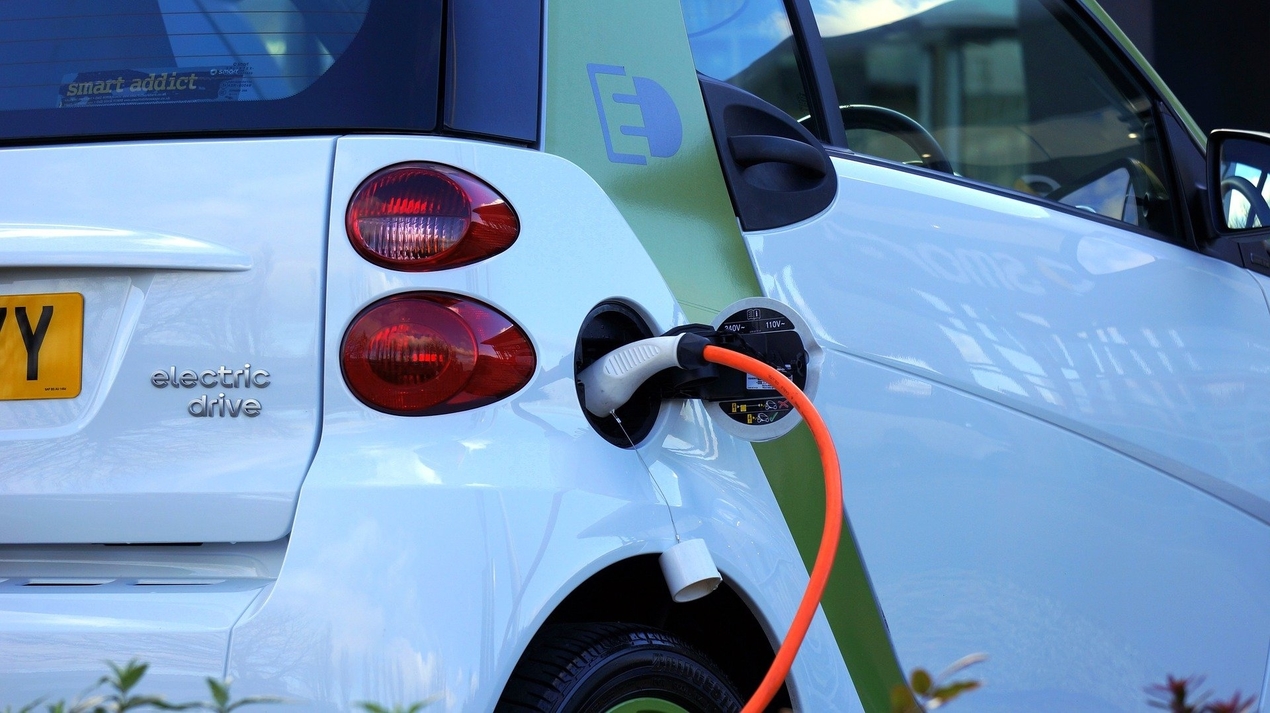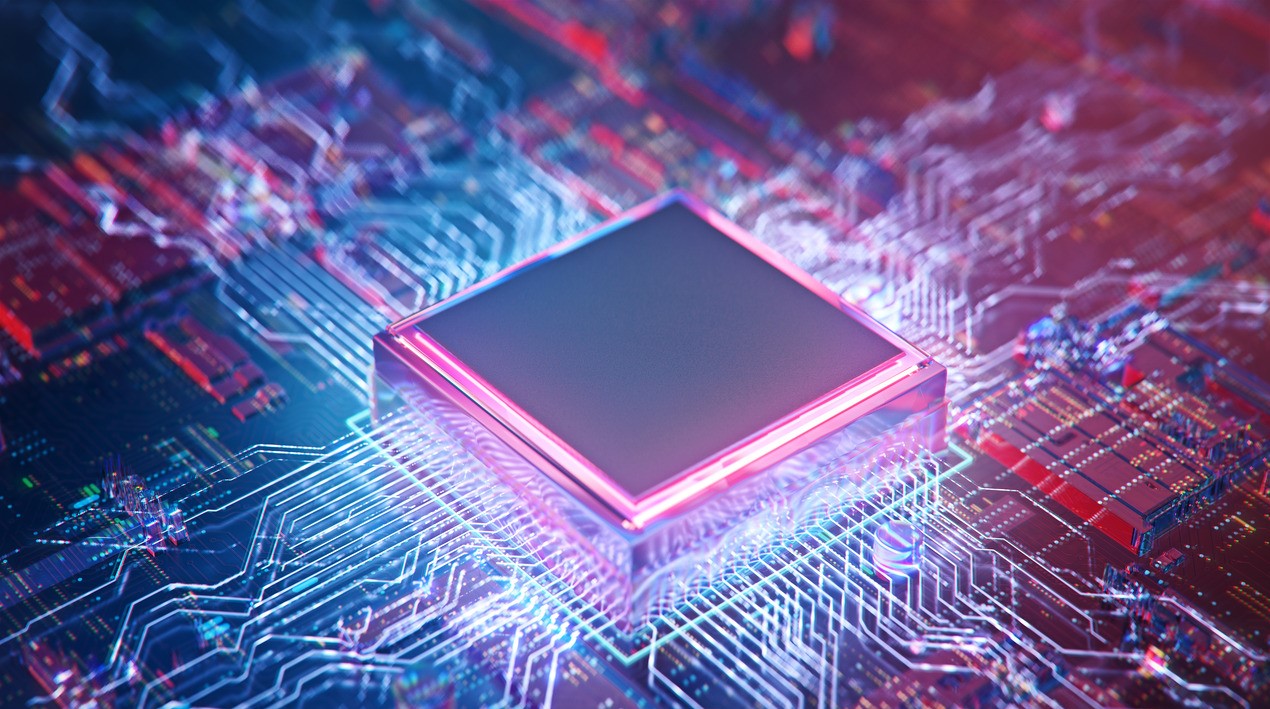
The Indian Institute of Technology Delhi has announced it will launch a post-graduate programme in electric mobility. The masters in ‘Tech in Electric Mobility’ will be available in the upcoming academic session- 2021-22. The course is offered by the Centre for Automotive Research and Tribology (CART). According to a news report, the institute board recently approved the programme.
Candidates with a four-year bachelor’s degree in electrical engineering, electrical and electronics engineering, mechanical engineering, industrial engineering, production engineering, mechatronics, automobile, and manufacturing science/engineering can apply. Also, GATE qualified in either electrical engineering (EE), mechanical engineering (ME), or production and industrial engineering (PI) disciplines will be eligible to apply for the two-year master’s degree programme, an IIT-Delhi statement noted.
Additionally, “sponsored candidates” from industry, academia, and government organisations will be encouraged to apply. The programme is multidisciplinary and will cover key aspects related to electric vehicles, including:
- Drivetrain
- Chargers/charging infrastructure
- Battery energy storage systems
- Battery management systems
- Reusability of energy storage elements, reliability, and automotive health monitoring,
- Automotive NVH (noise, vibration, and harshness)
- Vehicle dynamics
- Autonomous and connected vehicles
- Vehicular telematics
- Materials for electric vehicles, along with hands-on practice and design in laboratories
B K Panigrahi, Head, CART explained that the new PG program has been designed with the active participation of leading professionals from academia and industry. Moreover, CART is already actively engaged and working with many industries on forefront electric vehicle projects. The students will get the opportunity to work with state-of-art laboratory facilities and will also be able to work on various simulation software and HIL platforms.
The Centre for Automotive Research and Tribology at IIT-Delhi focuses on conducting high-end research and development in the area of battery-operated electric vehicles, hybrid electric vehicles, storage, and alternate energy sources, autonomous and connected vehicles.
The adoption of electric mobility in India will be powered by new products launched by automakers and the effectiveness of government policies like the production-linked incentive scheme, a news report has said. Electric vehicle penetration is expected to be driven by stringent emission norms, incentive schemes, well-defined long-term policies, the standardisation of charging infrastructure, and a structured approach to reduce dependency on imports. Phase two of the Faster Adoption and Manufacturing of (Hybrid &) Electric Vehicles (FAME-2), production-linked incentives, and government policies are expected to promote electric vehicle demand. Also, improve localisation, increase cost competitiveness, and develop a complete ecosystem.
The report further added that the government has been urging vehicle manufacturers to develop and manufacture electric vehicles to reduce vehicular emissions and curb oil imports. The union government has also been incentivising the purchase of electric vehicles through FAME-2. Further, the government is focusing on driving the adoption of electric vehicles in the two and three-wheeler segments where the price gap has been narrowing.
Battery manufacturing capacities are expected over the medium term as lithium-ion battery cost stands at 40-50% of raw material cost and localisation is necessary to achieve cost competitiveness. The government’s PLI scheme for Advanced Chemistry Cells (ACC) should encourage investments. As electric vehicle demand improves over the medium term, capacities would be commissioned, through investments from OEMs, international ancillaries, and domestic ancillaries and startups, either on their own or through consortiums. Due to economies of scale and technological advancements, battery costs are expected to decrease to below US$100/KWH over the medium term, the report concluded.
















